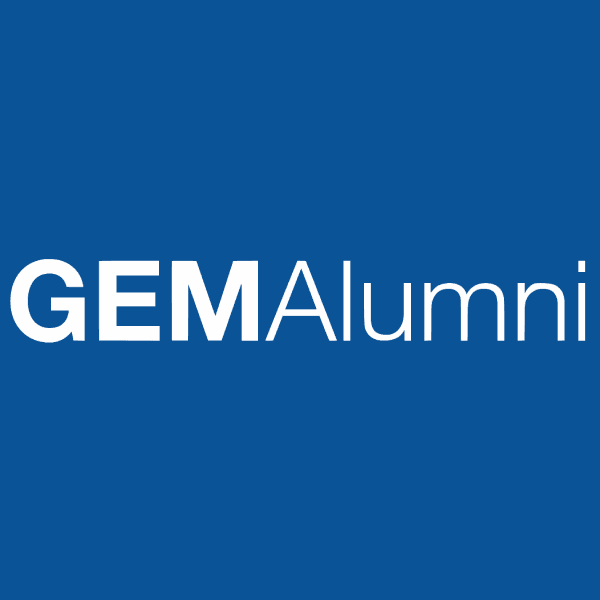At GEM, jury panels for admissions and graduation are a unique opportunity for exchanges between the school, students and working professionals. Why do companies take time to listen to, evaluate and help select candidates? We speak with Nathalie Fuch, training engineering and project executive at IBM France.
Nathalie Fuchs has had a 40 year career at IBM France where she manages financial contracts for external services. For the past 20 years, she has participated in GEM jury panels and also taught project management classes at the school for several years.
Nathalie is present on campus three days a year and meets eight candidates per day during the admissions and graduation jury panels. Her primary motivation? "It's fundamental for companies to be involved with schools. The combination of GEM professors and working professionals offers an interesting mix of perspectives and is a real added value for the selection process. This applies to everything from oral presentations for admissions and graduation to project evaluations that can take place during the year."
A constant evolution in profiles
Company participation in jury panels offers several advantages.
"It's particularly interesting to see how young profiles evolve throughout their curriculum, whether it's for two, three, four or five years. We get to observe various phenomena tied to passing generations (X, Y and Z) and we can see how candidates mature and develop their aspirations and knowledge. During admissions exams, the Passerelle program offers us the chance to see more mature candidates with less standard profiles than their counterparts from prep schools. It's really interesting and you can be marked by an exceptional candidate. You can discover candidates who already have professional experience but wish to validate their past experience. It's incredible to see the effort and motivation displayed by some candidates," explains Nathalie.
Discovering cultural differences
"During graduation jury panels, the most interesting aspect for me is to observe cultural differences among various international profiles. This multicultural pool of talent displays a wide variety of approaches to answering questions asked during interviews," highlights Nathalie. Before graduating, students are given a precise subject and six weeks to prepare an oral presentation that includes a 25 minute PowerPoint presentation and 20 minutes of informal exchanges.
"In this case, we analyze a candidate's capacity to understand a subject, analyze it and present their case. We evaluate their level of involvement, their ability to think critically and organize their thoughts during the presentation. However, they are free to adopt a position or attitude that suits them during the presentation."
Benevolence is the guiding principle
During evaluations, benevolence is the key word. "Companies are there to provide positive feedback for candidates. The idea is to help them improve," underlines Nathalie. During admissions interviews the process is designed to measure a candidate's honesty (how well their application to a program matches their professional aspirations), credibility and capacity to integrate GEM as well as their potential to add the to the school from a personal perspective.

Comments0
Please log in to see or add a comment
Suggested Articles



